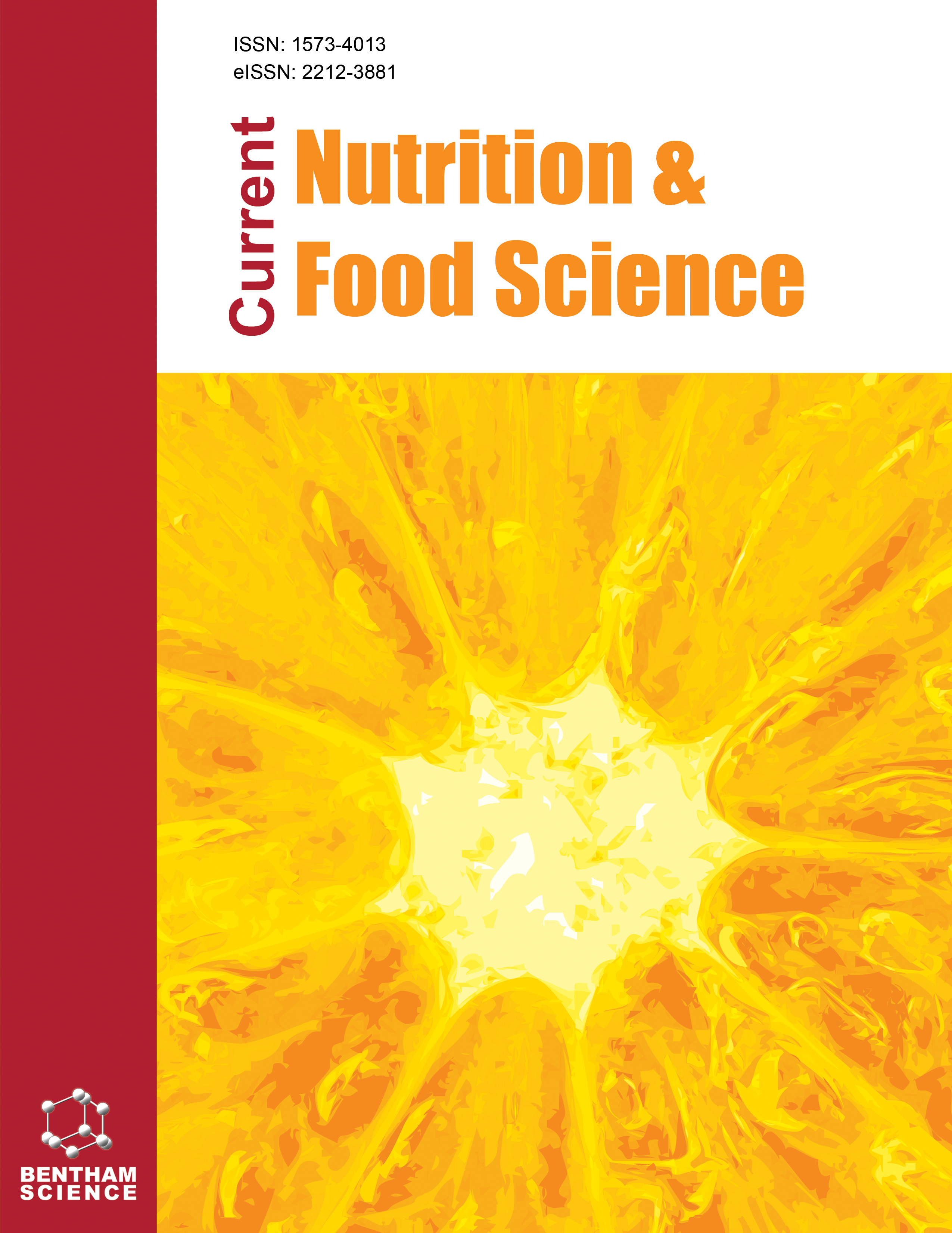-
s Sorghum (Sorghum bicolor) Extract Affects Plasma Lipid Metabolism and Hepatic Macrophage Infiltration in Diabetic Rats
- Source: Current Nutrition & Food Science, Volume 16, Issue 5, Jun 2020, p. 824 - 832
-
- 01 Jun 2020
Abstract
Background: Chronic hyperglycemia is known to be a high-risk factor for progressive chronic liver diseases, such as abnormal lipid metabolism. The activation of AMP-activated protein kinase (AMPK) has a beneficial effect on dyslipidemia. Polyphenols derived from various plants are involved in AMPK activation. Objective: We investigated the effects of polyphenol-containing sorghum (Sorghum bicolor) extract (SE) on plasma lipid metabolism and macrophage infiltration, and measured the expression and phosphorylation of AMPK and acetyl-CoA carboxylase (ACC) in diabetic rat livers. Methods: Streptozotocin-induced diabetic rats received 0, 50, or 250 mg/kg of SE orally for 4 weeks. Blood chemistry, total and phosphorylated protein levels of AMPK and ACC, sterol regulatory element- binding protein-1c (SREBP-1c) mRNA and protein levels, and macrophage infiltration in the livers were examined. Results: Plasma glucose and triacylglycerol levels, which were increased in the untreated diabetic rats, were significantly lower in the 250 mg/kg SE-treated diabetic rats. AMPK and ACC phosphorylation levels were significantly increased in the 250 mg/kg SE-treated diabetic rats compared with those in the untreated rats. There was no difference in the hepatic expression of SREBP-1c between the diabetic rat groups. Macrophage infiltration in the liver was suppressed by 250 mg/kg of SEtreatment. Conclusion: These data suggest that SE treatment may affect plasma lipid metabolism and chronic inflammation by upregulating phosphorylation of AMPK and ACC in diabetic rat livers.


